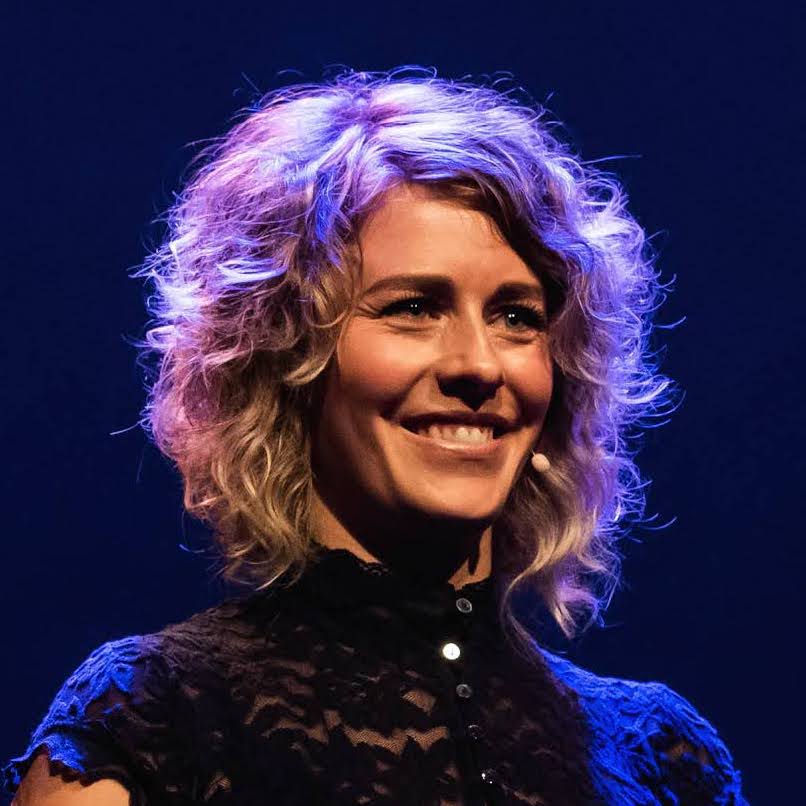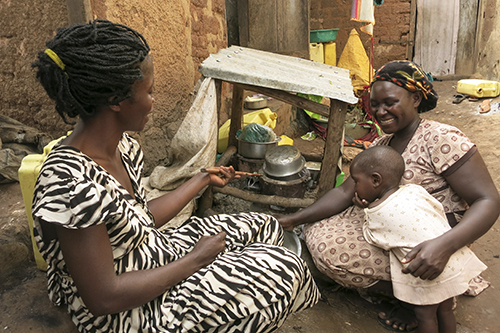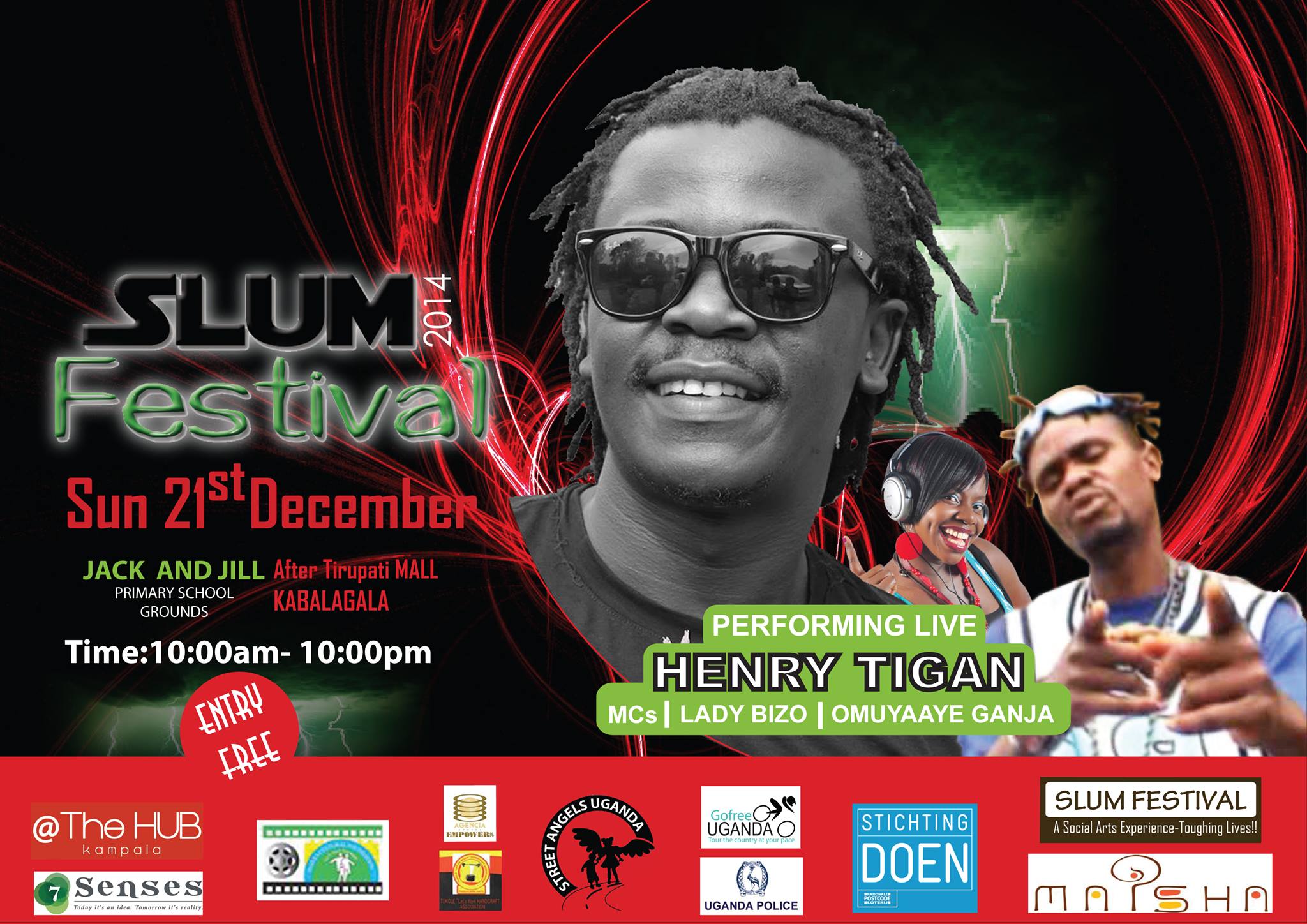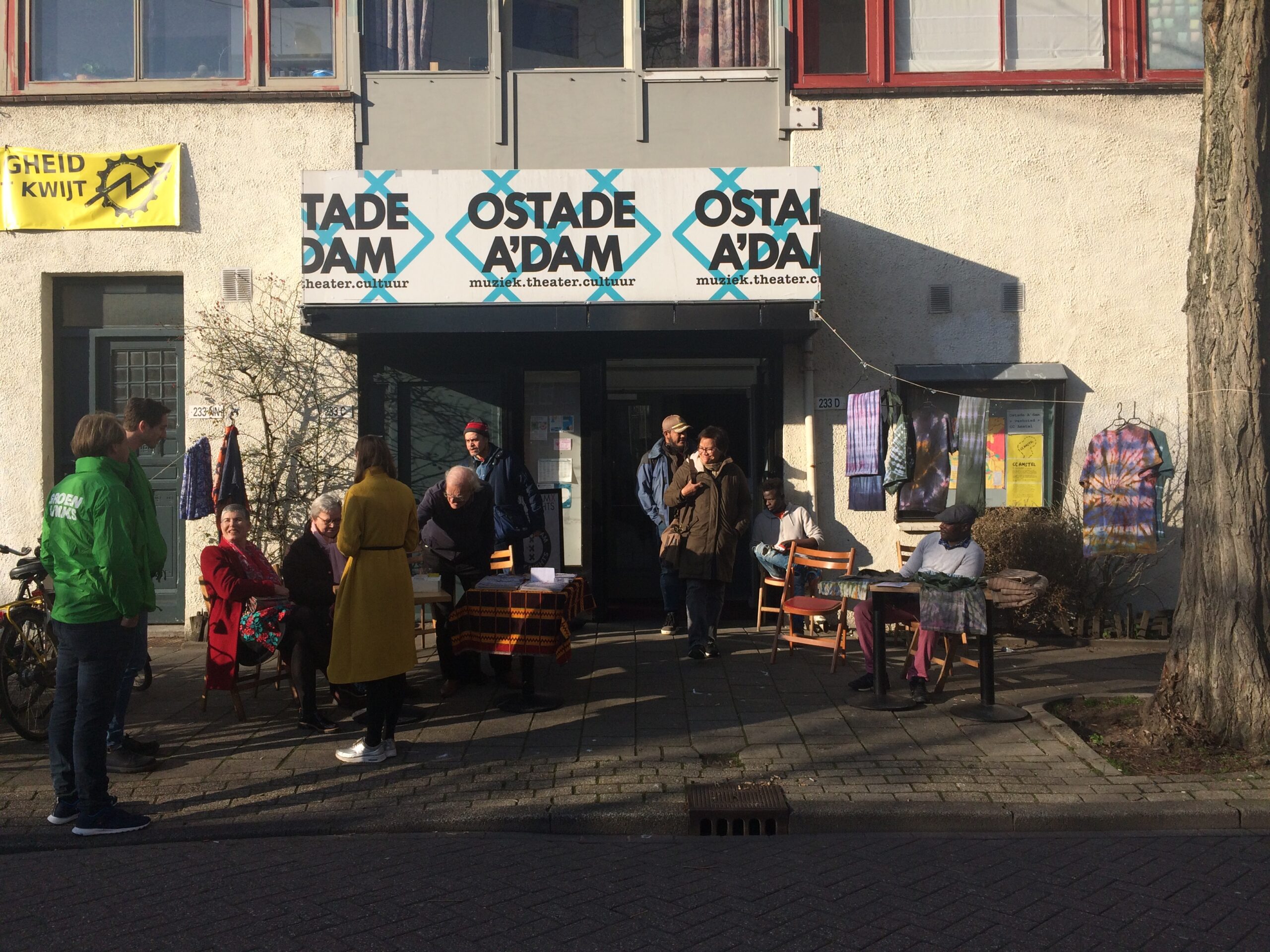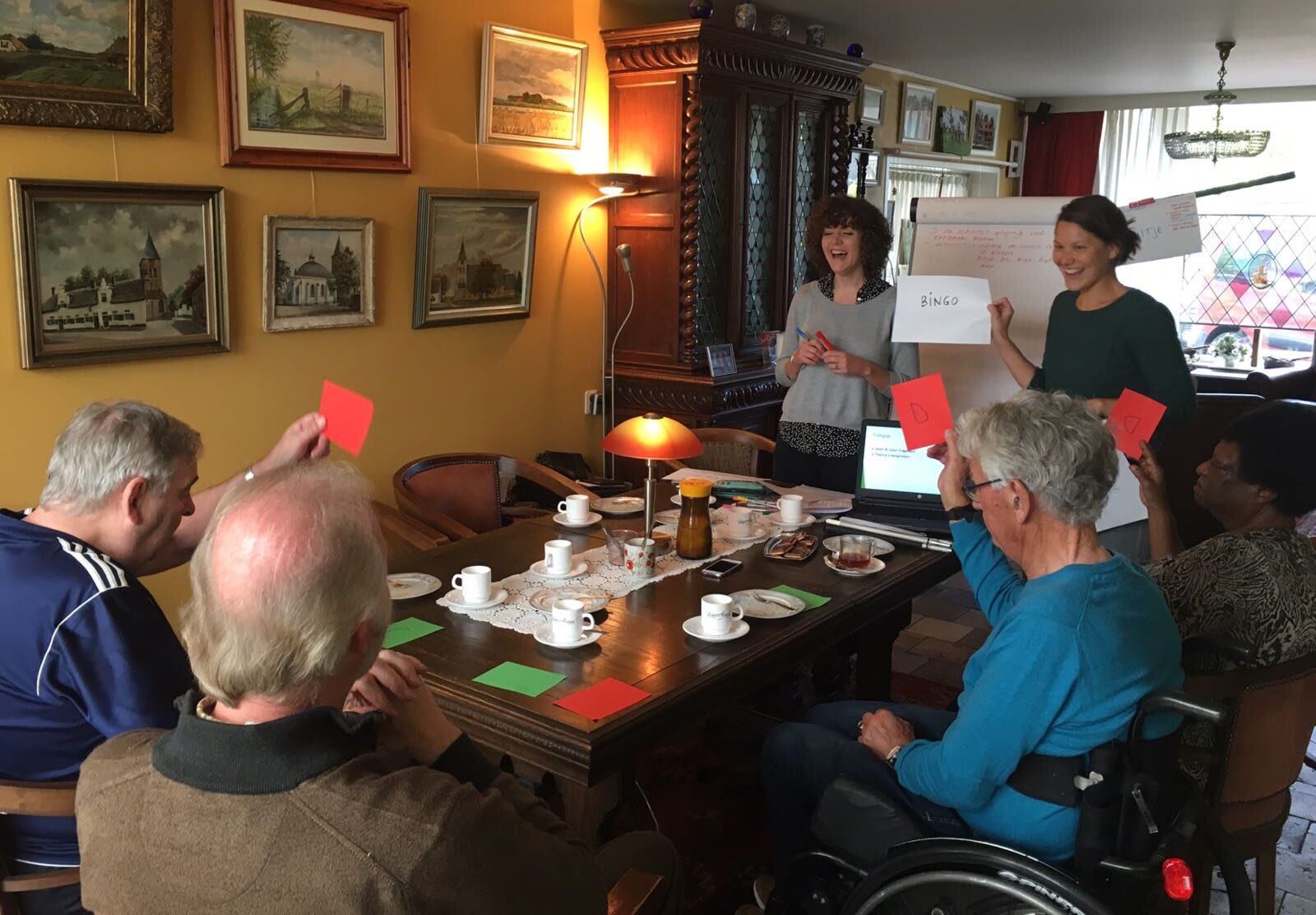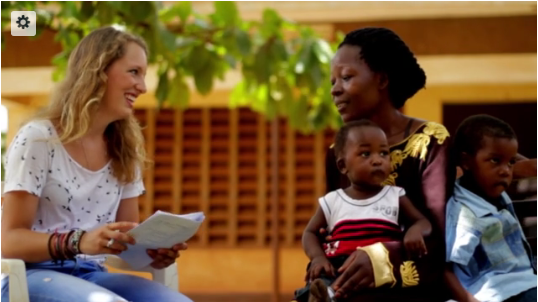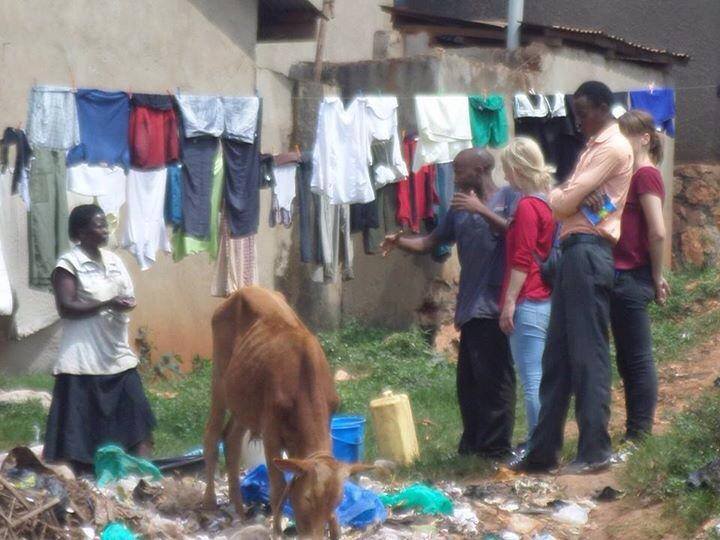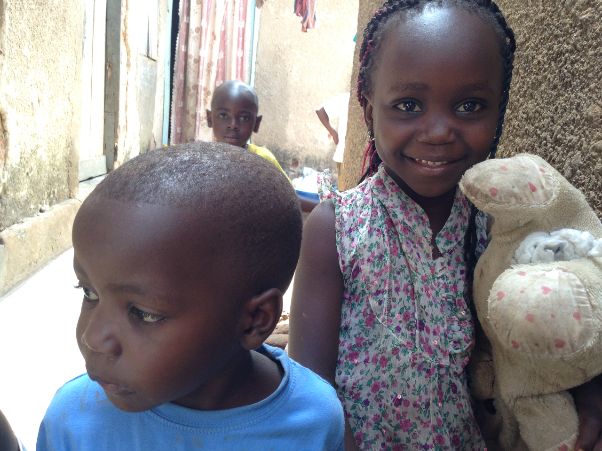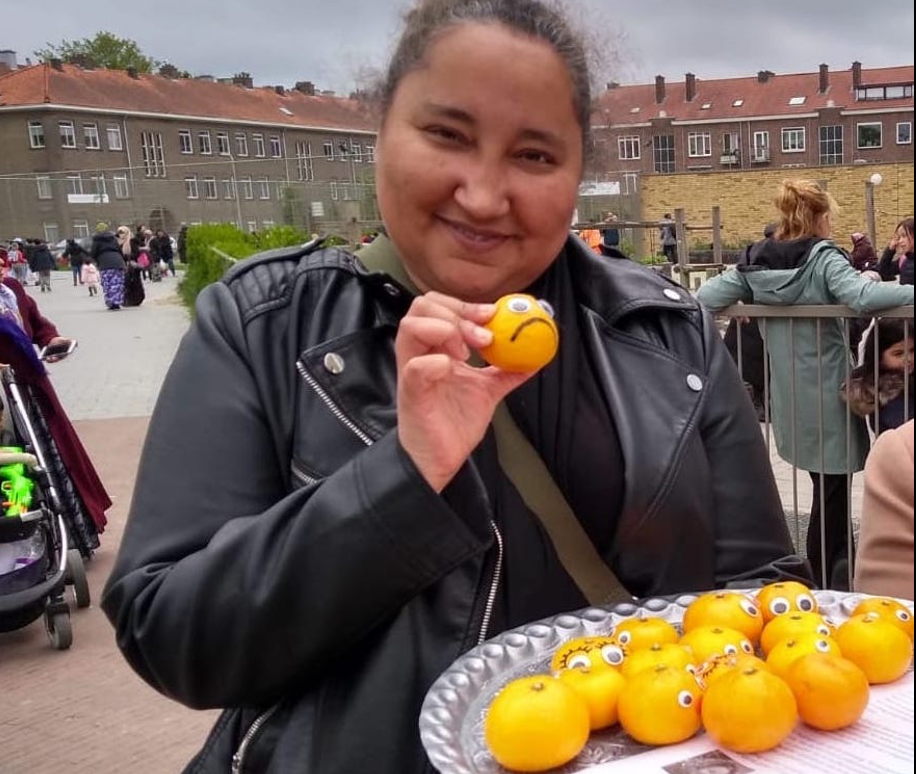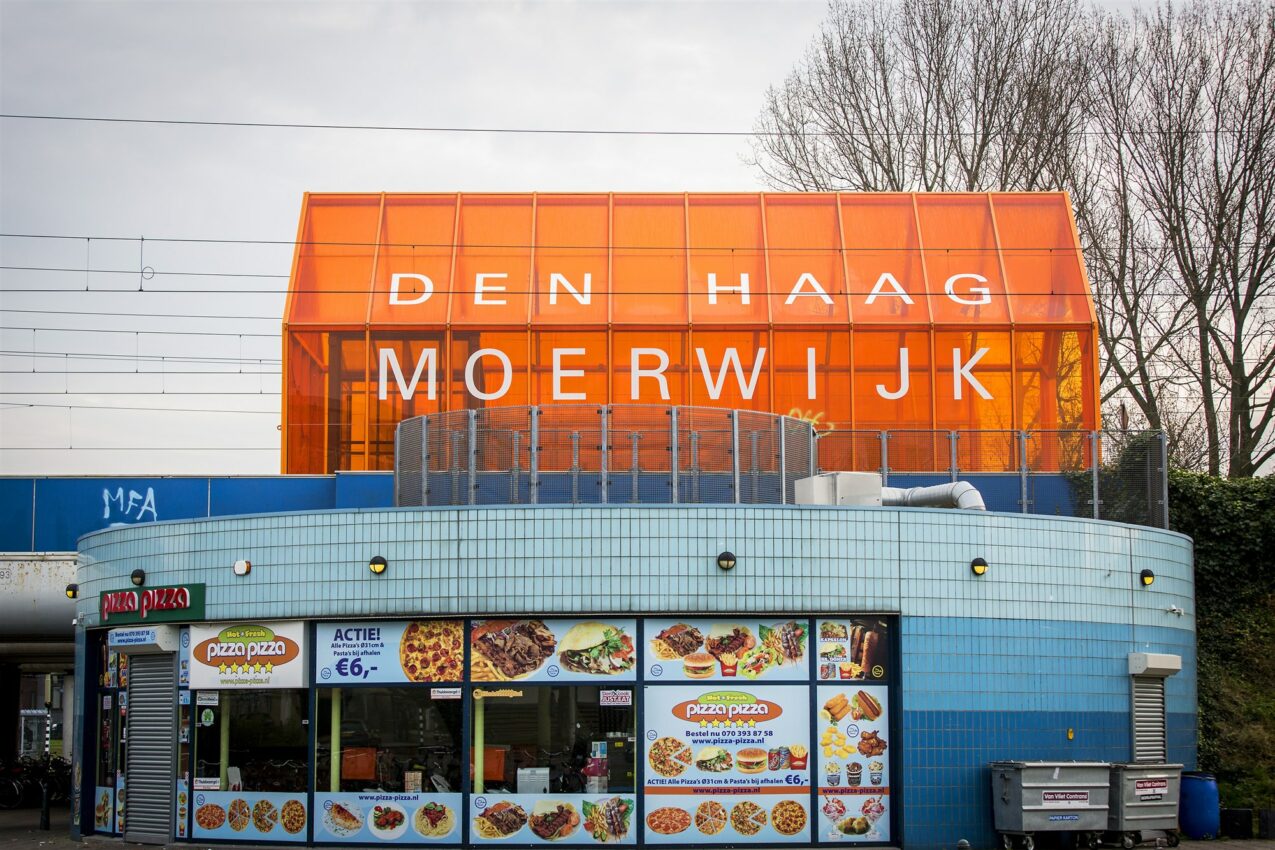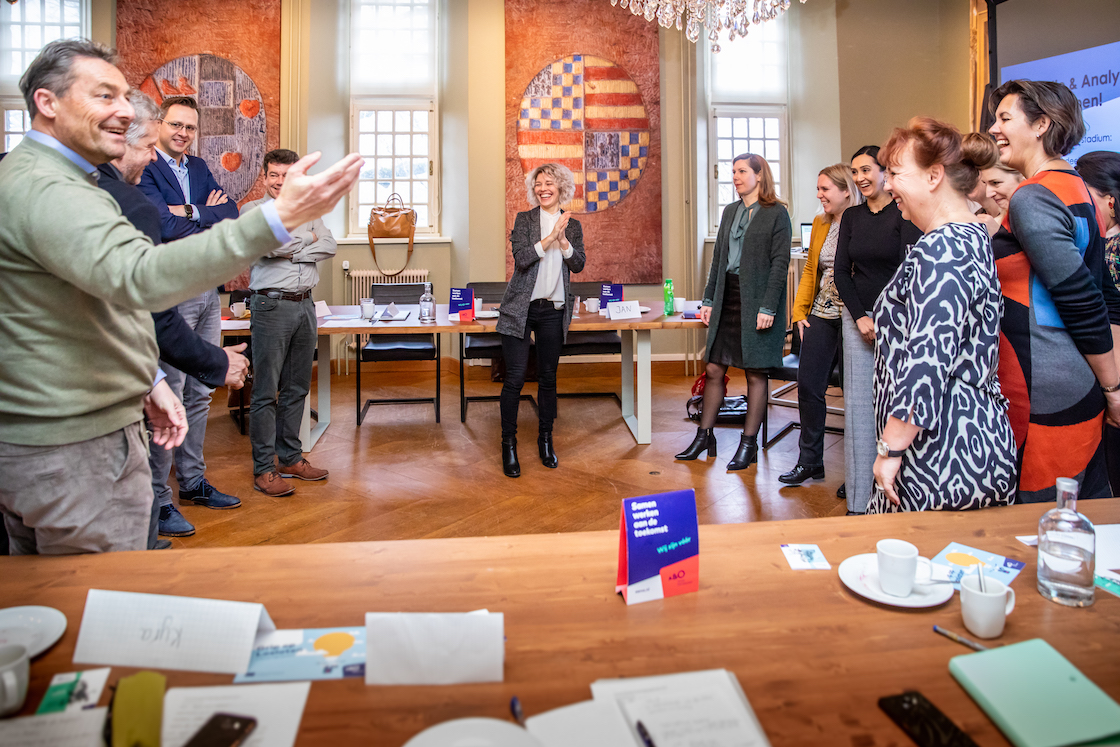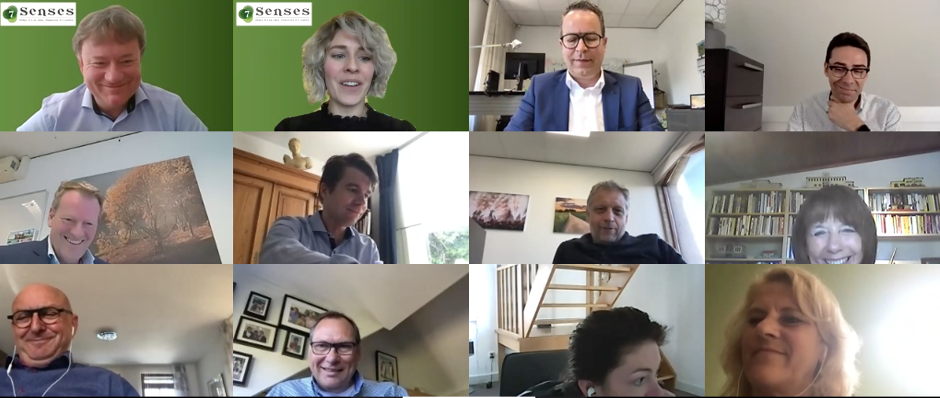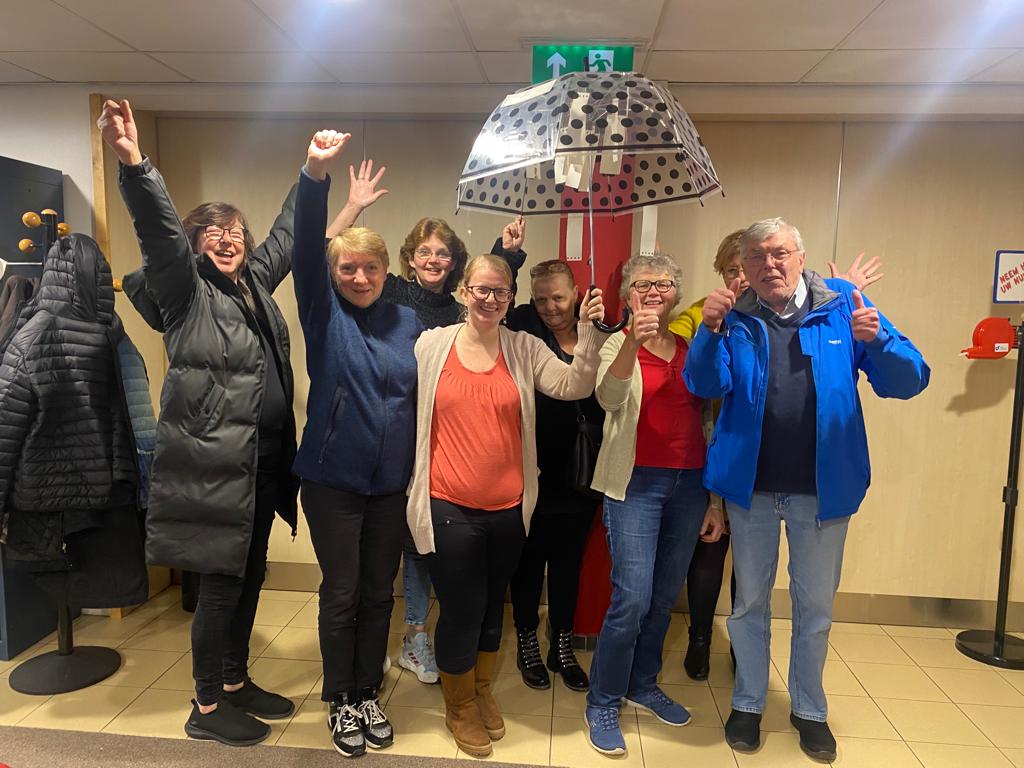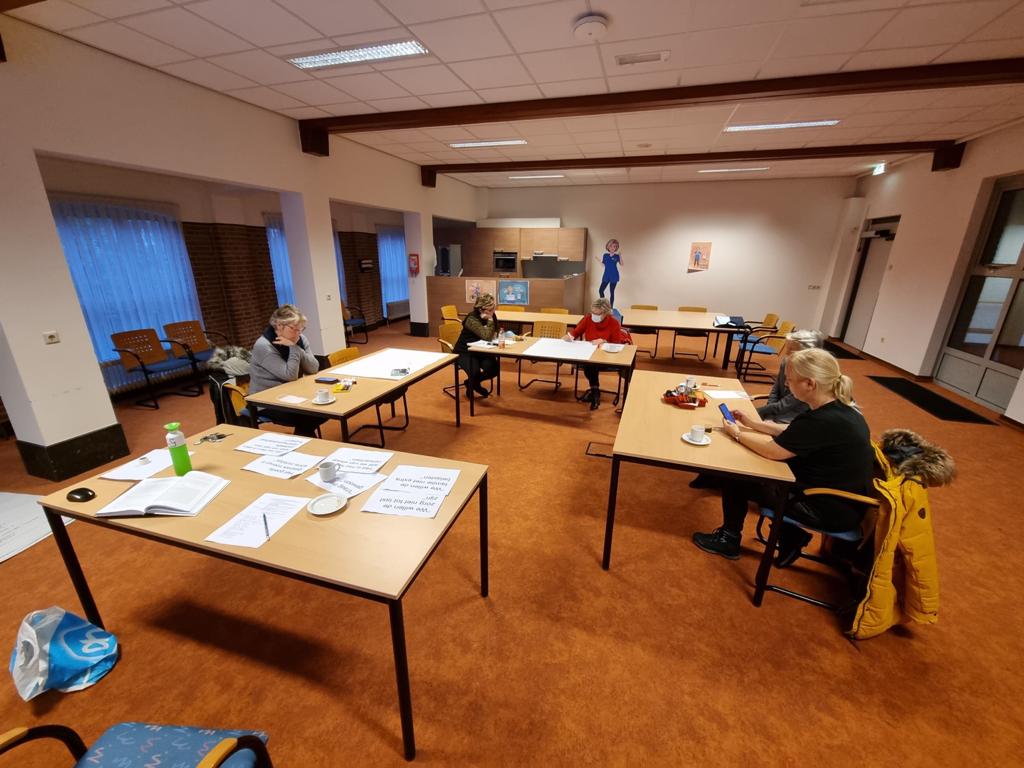Madelon is founder and general director of SevenSenses and has over 15 years of Participatory Action Research (PAR) experience in the field. For governmental as well as non-governmental organizations she performs Participatory Action Research in different settings and on different subjects, in the Netherlands and abroad. Madelon gives training and lectures in PAR methodology and other PAR-related subjects to a wide range of different audiences. She has also trained experienced PAR practitioners as PAR-trainers, with whom she now forms a lively SevenSenses PAR-trainers team. She helps universities (and – of applied science) integrate PAR in their curriculum and gives training in how to guide and assess students in PAR.
Under her guidance, SevenSenses has won the Netherlands Albert Schweizer Award 2015 (Vera van Rijn, Healthy Cooking Challenge) and the AUV Alumni Award 2017 (Alice Grasveld, Healthy Teeth Challenge) for the societal impact made through PAR in the slums of Kampala, Uganda and Cape Town, South Africa respectively. Madelon won the Seats2meet.com pitch contest in 2017, presenting her work with SevenSenses. Currently, Madelon conducts a Ph.D. at the University of Utrecht on Participatory Action Research methodology in social-ecological systems. For this Ph.D., she uses case studies from her fieldwork. She was nominee for the Utrecht University Agnites Vrolik Award 2019, an award given to talented scientists whose research contributes to solving urgent and important societal issues.
Published work:
- Eelderink, M., and J. Verster (2010). Development of a Community-specific Health Promotion Plan to Improve Children’s Health in Rural Guatemala. International Journal on Disability and Human Development 9 (1): 35–46.
- Eelderink, M., Vervoort, J., Snel, D., & de Castro, F. (2017). Harnessing the plurality of actor frames in social-ecological systems: ecological sanitation in Bolivia. Development in Practice, 27(3), 275–287. https://doi.org/10.1080/09614524.2017.1291583
- Goebel, K., Camargo-Borges, C., & Eelderink, M. (2019). Exploring participatory action research as a driver for sustainable tourism. International Journal of Tourism Research. https://doi.org/10.1002/jtr.2346
- Eelderink, M. Handboek Participatief Actieonderzoek. Samen bouwen aan een betere wereld. 1e druk. SWP Uitgeverij, Amsterdam.
- Eelderink, M., J. M. Vervoort and F. Van Laerhoven. 2020. Using participatory action research to operationalize critical systems thinking in social-ecological systems. Ecology and Society 25 (1):16. [online] URL
-
Van der Vlegel-Brouwer W,Eelderink M, Bussemaker J.Participatory Action Researchas a Driver for HealthPromotion and Prevention: ACo-creation Process BetweenProfessionals and Citizens ina Deprived Neighbourhoodin the Hague. InternationalJournal of Integrated Care,2023; 23(4): 13, 1–10. DOI:https://doi.org/10.5334/ijic.7560*Author affiliations can be found in the back matter of this article
Currently, Madelon is writing a scientific article about her PAR ‘Vollenhove in the Picture’ in Zeist, the Netherlands and about PAR to address sustainability challenges (both in review). Updates of SevenSenses’ work can be followed on X, LinkedIn and Facebook.
Madelon:
 “The first experience I got with Participatory Action Research (PAR) was in a small village in the mountains of Guatemala, during my research internship for the VU University Amsterdam in 2008. Surprised by what impact PAR can create in communities, I knew for sure I wanted to do more with this. Gaining more experience myself in Bolivia and Cameroon and guiding over 100 PAR researchers worldwide, I decided it was time to start my own organization – SevenSenses – providing PAR-trainings to all organizations that aim to create sustainable impact worldwide.
“The first experience I got with Participatory Action Research (PAR) was in a small village in the mountains of Guatemala, during my research internship for the VU University Amsterdam in 2008. Surprised by what impact PAR can create in communities, I knew for sure I wanted to do more with this. Gaining more experience myself in Bolivia and Cameroon and guiding over 100 PAR researchers worldwide, I decided it was time to start my own organization – SevenSenses – providing PAR-trainings to all organizations that aim to create sustainable impact worldwide.
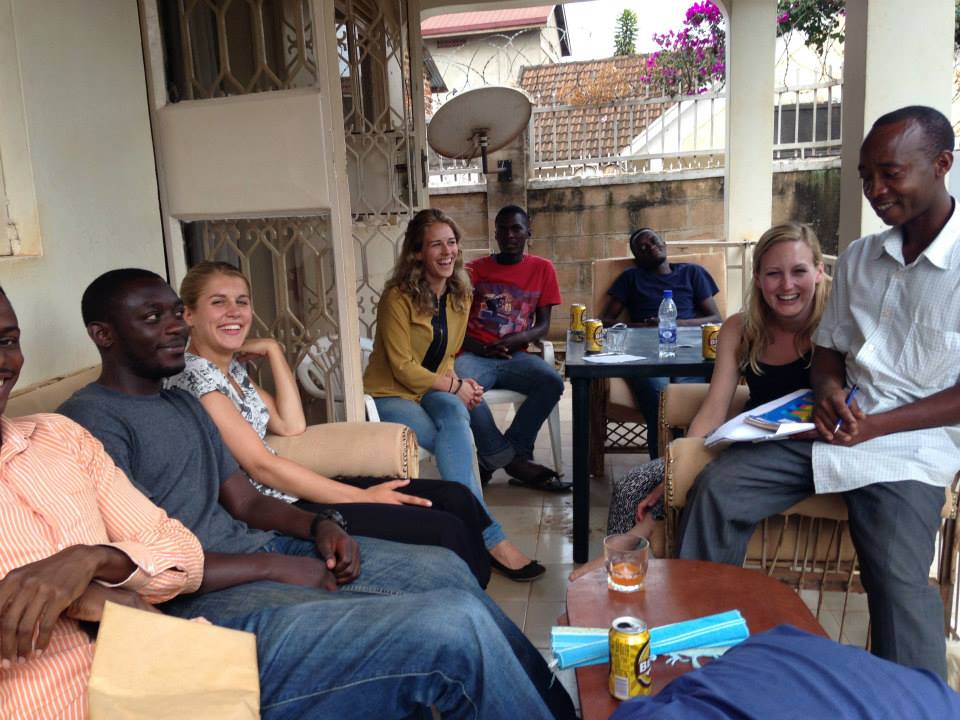 Within SevenSenses I developed a new program called ‘the SevenSenses Challenge’. Instead of merely training people I gave them the opportunity to actually execute and experience PAR in 12 weeks, under my personal guidance in the slums of Kampala, Uganda. PAR is an excellent research strategy to facilitate positive change in communities WITH the communities. Community members discover talents and opportunities to improve their livelihoods; they design and execute interventions themselves which enhances their empowerment and sustainable development.
Within SevenSenses I developed a new program called ‘the SevenSenses Challenge’. Instead of merely training people I gave them the opportunity to actually execute and experience PAR in 12 weeks, under my personal guidance in the slums of Kampala, Uganda. PAR is an excellent research strategy to facilitate positive change in communities WITH the communities. Community members discover talents and opportunities to improve their livelihoods; they design and execute interventions themselves which enhances their empowerment and sustainable development.
The SevenSenses Challenge soon became a success for local communities and became a popular concept among students and post-graduates. Take for instance the Healthy Cooking Challenge. A team of three researchers (two from The Netherlands, one from Kampala) performed PAR on health issues due to indoor cooking. Besides gaining more insight on these issues, the research resulted in a huge transformation especially after the researchers had left! People living in the slums started building cooking shelters allowing outdoor cooking. They even added things to these shelters, such as solutions to collect and purify (rain) water. People in the slums started to take their future in their own hands as a result of this Challenge!
Happily surprised by all the enthusiasm for the Challenge program, I started to look for ways to scale things. Being the only one guiding researchers in the field I myself turned out to be the limiting factor within the concept. Therefore I established the SevenSenses Academy. Through the SevenSenses Academy, I train professionals in guiding a SevenSenses Challenge on a subject and in a country of their own choice. This way – with the SevenSenses Academy – I am able to create much more impact worldwide than I would when training and guiding action researchers just by myself. And besides that, the Academy also serves people who want to learn about PAR and apply it in their own field of expertise, see for example the PAR Practitioners Program.
I also give trainings, workshops and speeches to companies, universities, NGO’s and the public sector about Participatory Action Research. With all these activities I hope to contribute to accelerating empowerment and positive change worldwide.”
Currently, Madelon also gives trainings in the Netherlands on Participatory Action Research and she and her team continue to conduct PAR on a wide diversity of societal issues. Since Corona, Madelon and her team conduct PAR online with municipalities, with promising results! See for example the project Wij-Werken Week Limburg and Project Werken 3.0.

